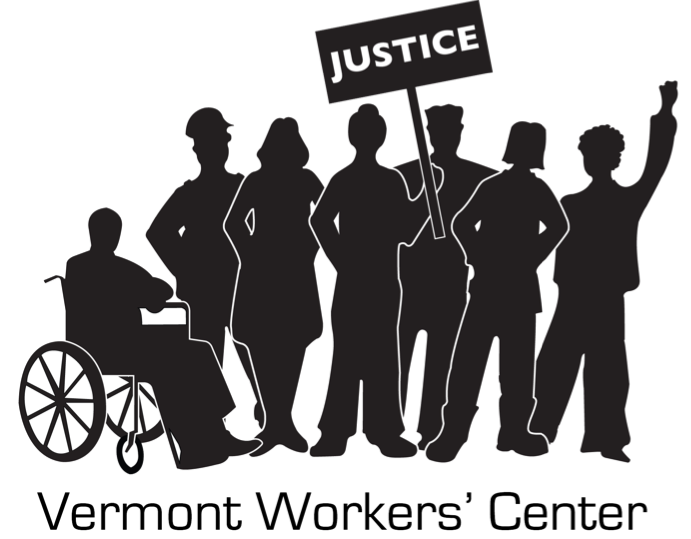By Jonathan Kissam
We are living in an era when the United States government, both at home and abroad, has committed itself to defending the fortunes of a very small group of people. The result of this is exorbitant military funding and the substitution of military force for peaceful diplomacy. The result of this is ruthless budget-cutting of public services — schools, health care, and, ironically and appallingly, services for veterans. And the result of this is that well-established public institutions and essential government services — like Social Security — are not seen by our government as a common treasury for all, but as potential profit centers for their corporate cronies.
When public services are privatized, the most common way for the privatizers to make money is to fire all of the public employees who used to do those jobs, often at decent wages and benefit levels, and replace them with low-wage, no-benefit, often part-time or temporary jobs. They pocket the savings in payroll, while our communities suffer the loss of decent jobs. Furthermore, privatization, with its motive for profits, compromises essential government services. Privateers forced to choose between quality services or higher profits invariably take the money and run, leaving the public with the worst of all worlds: poorer services at higher costs. And privatization cuts at the very heart of democracy itself. Public services are created through the democratic process; they are the collective decisions we make about how to meet our own needs as a society. When they are turned over to unaccountable private corporations, we give up control, we give up the very “rule of the people” which is what democracy means.
Privatization can be beat, as when school district workers in Barre, with the assistance of the Vermont Workers’ Center and other community activists, turned back a privatization plan almost ten years ago, or when service and maintenance workers at UVM, members of UE Local 267, worked with students to fight off a plan to privatize the shuttle services. It requires struggle, but this should be no surprise. Our standard of living, our rights of free speech and assembly, our civil rights, our democracy itself are not gifts from benevolent governments and corporations, they were won through struggle.
This is why we are in solidarity with our sisters and brothers in the Iraqi trade union movement, because, just as working people and the labor movement have been an essential part of making our own country live up to its democratic ideals, the Iraqi trade unions are the best hope for a democratic and peaceful Iraq. But more than that — we must stand in solidarity with our trade union sisters and brothers in Iraq, and everywhere in the world, because we are facing enemies with a global vision of privatization and endless war. Only with global solidarity can we have a democratic and peaceful world.
Jonathan Kissam is Secretary-Treasurer of UE Local 221 and a member of the Vermont Workers’ Center Coordinating Committee
